- 384-B khasra No. 93/15 Gali No. 2, B-Block, Baba Colony Burari, Delhi-110084
THANK TO THE RESULTS ACHIEVED WITH YOU !
HELPED PEOPLE
0
VOLOUNTEERS
0
NEXT GOALS
New Hospital
25 May
New Teachers
03 June
Water Wells
14 April
New Vaccines
SOON
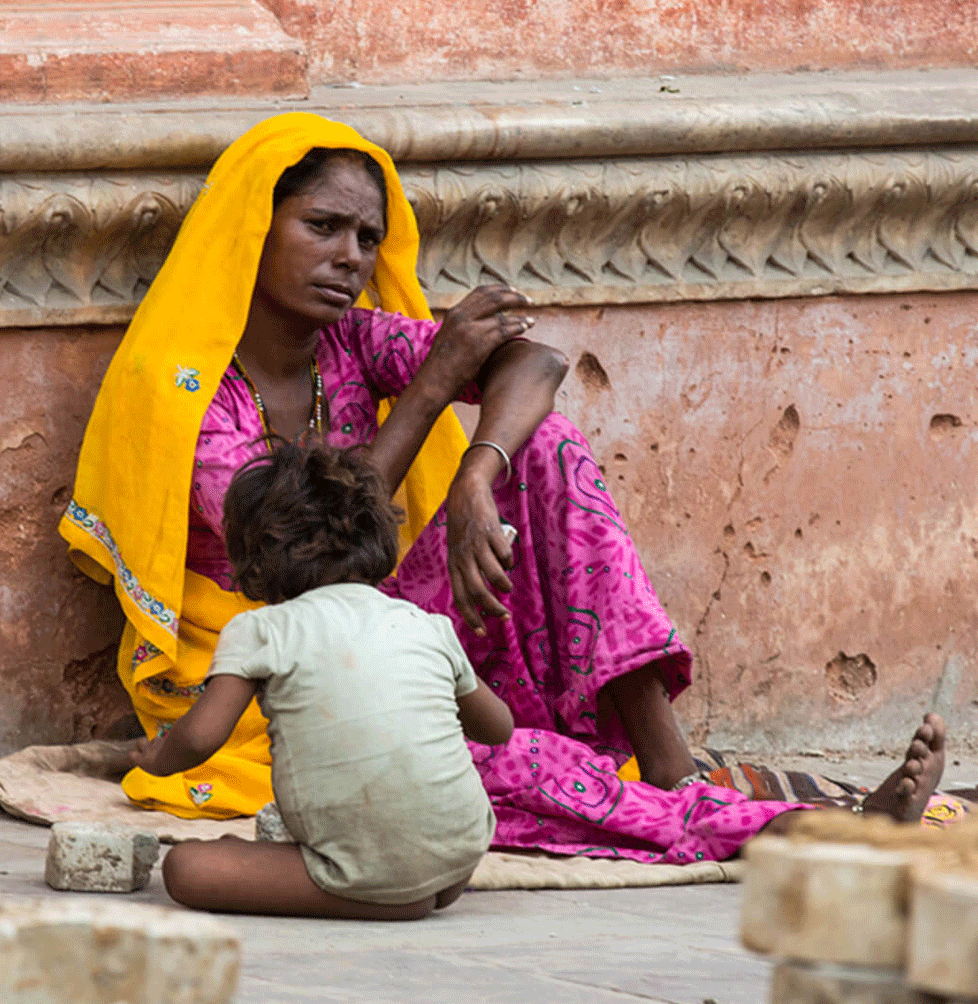

HELPING PEOPLE HELPING NATION
AWADH FOUNDATION CHARITABLE TRUST (REGD.)
The Awadh Foundation Charitable Trust (Regd.) is dedicated to enhancing the welfare of society through various initiatives:
The Awadh Foundation Charitable Trust (Regd.) stands as a beacon of compassion and service, dedicated to the holistic welfare of society. With a profound commitment to uplifting the most vulnerable, the trust extends a multifaceted array of assistance.
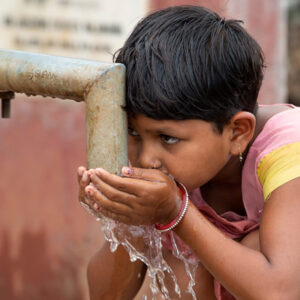
Water & Sanitation
₹2,125
of ₹10,000
4
donations
₹2,125 of ₹10,000 raised
This cause revolves around ensuring dignity and safety by providing clean toilets and washing facilities for both girls and boys, while also educating them about good hygiene practices. It addresses the fundamental human right to access clean and safe sanitation facilities, which is crucial for maintaining health, dignity, and overall well-being.
Lack of access to proper sanitation facilities disproportionately affects vulnerable populations, including children, girls, and those living in impoverished communities or rural areas. Inadequate sanitation can lead to various health issues such as diarrhea, which remains a leading cause of death among children in many parts of the world. Additionally, the absence of clean toilets and washing facilities can compromise personal safety, particularly for girls and women who may face risks such as harassment or assault when forced to use unsanitary or secluded areas.
By advocating for and implementing initiatives that provide clean toilets and wash facilities, this cause promotes not only physical health but also dignity and safety, especially for marginalized groups. Furthermore, education on good hygiene practices plays a vital role in preventing the spread of diseases and promoting overall well-being.
Ultimately, this cause seeks to create environments where individuals, regardless of their gender, age, or socioeconomic status, can access dignified, safe, and hygienic sanitation facilities, thereby improving their quality of life and contributing to broader efforts in public health and human rights advocacy.
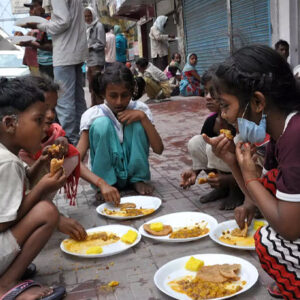
Zero Hunger
₹11,100
of ₹10,000
12
donations
Zero Hunger
Thank you to all our donors, we have met our fundraising goal.
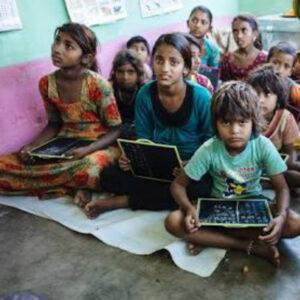
Education
₹4,000
of ₹10,000
4
donations
₹4,000 of ₹10,000 raised
This cause is centered around providing quality education to children from all communities, regardless of their religion, caste, or creed. The goal is to ensure that every child has access to education that fosters their holistic development—physically, intellectually, academically, mentally, and spiritually. The ultimate aim is to prepare them to become mature and responsible citizens who contribute positively to their country and society.
Key aspects of this cause include:
Inclusivity: It emphasizes inclusivity by welcoming children from diverse backgrounds and ensuring that no child is denied education based on their religious beliefs, caste, or creed. Inclusive education fosters social cohesion and promotes understanding and respect among different communities.
Holistic Development: The focus is on nurturing all aspects of a child’s growth—physical, intellectual, academic, mental, and spiritual. This approach recognizes that education should go beyond academic learning to encompass the development of life skills, critical thinking abilities, creativity, emotional intelligence, and ethical values.
Values-Based Education: The cause emphasizes the importance of instilling values derived from life experiences, such as empathy, integrity, respect, tolerance, and compassion. These values serve as guiding principles for children to navigate the complexities of the world and make responsible choices.
Preparation for Citizenship: Education is seen as a means to prepare children to become active and engaged citizens who contribute positively to their country and community. This involves fostering a sense of civic responsibility, promoting democratic values, and encouraging participation in social and political processes.
Equal Opportunities: The cause advocates for equal opportunities in education, ensuring that every child has access to quality schooling regardless of their socioeconomic status or background. This may involve addressing barriers such as poverty, lack of infrastructure, discrimination, or gender inequality.
By championing this cause, stakeholders aim to create an educational system that not only imparts knowledge and skills but also nurtures ethical values, promotes social cohesion, and empowers children to become agents of positive change in their societies. Ultimately, it reflects a commitment to building a more inclusive, equitable, and harmonious world through education.
MISSION
EMPOWERING PEOPLE
Our mission at the Awadh Foundation Charitable Trust (Regd.) is to uplift and empower communities in need through comprehensive assistance programs. With a commitment to compassion and inclusivity, we strive to address the diverse needs of individuals and families by providing tailored support in education, healthcare, shelter, and economic empowerment. Through our unwavering dedication and transparency, we aim to foster positive change and create a more equitable society where every individual has the opportunity to thrive.
VISION
BUILDING COMMUNITY
Our vision is to create a society where everyone has access to education, healthcare, and opportunities for a better life. We aspire to build a community where compassion and support are the pillars of social progress, ensuring that no one is left behind.
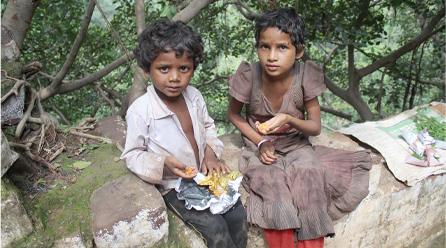
MONETARY HELP
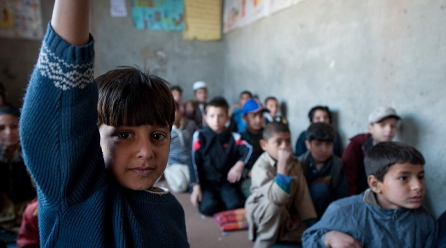
EDUCATION
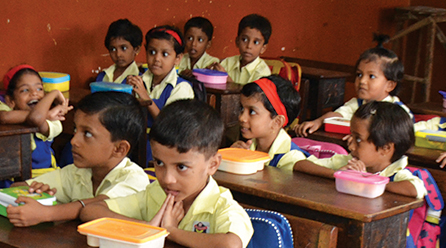
TRAINING INSTITUTIONS
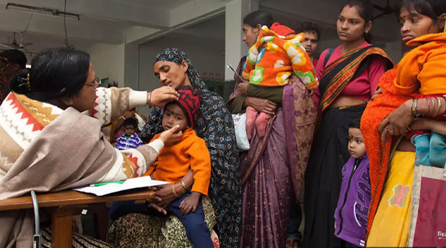
HEALTH
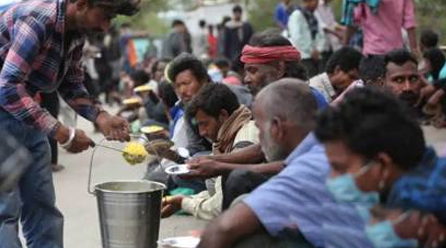
SHELTER
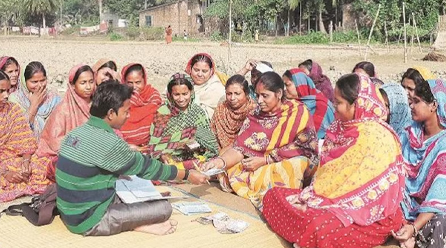
LOAN & SCHEME
OUR ANGELS
Our Main volunteers
Add Your Heading Text Here
At Your Service
Lorem ipsum dolor sit amet, consectetur adipiscing elit quisque.
Donations
80%
Volunteers
90%
STAFF
0
PEOPLE
0
CAUSES
0

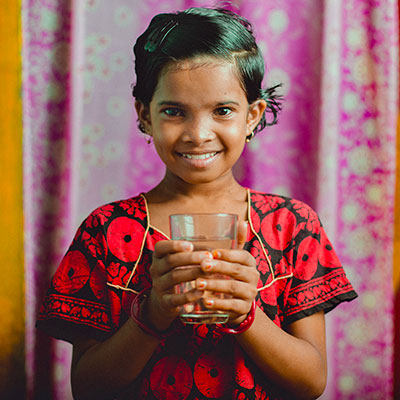
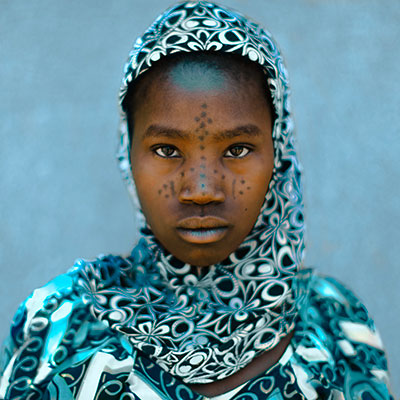



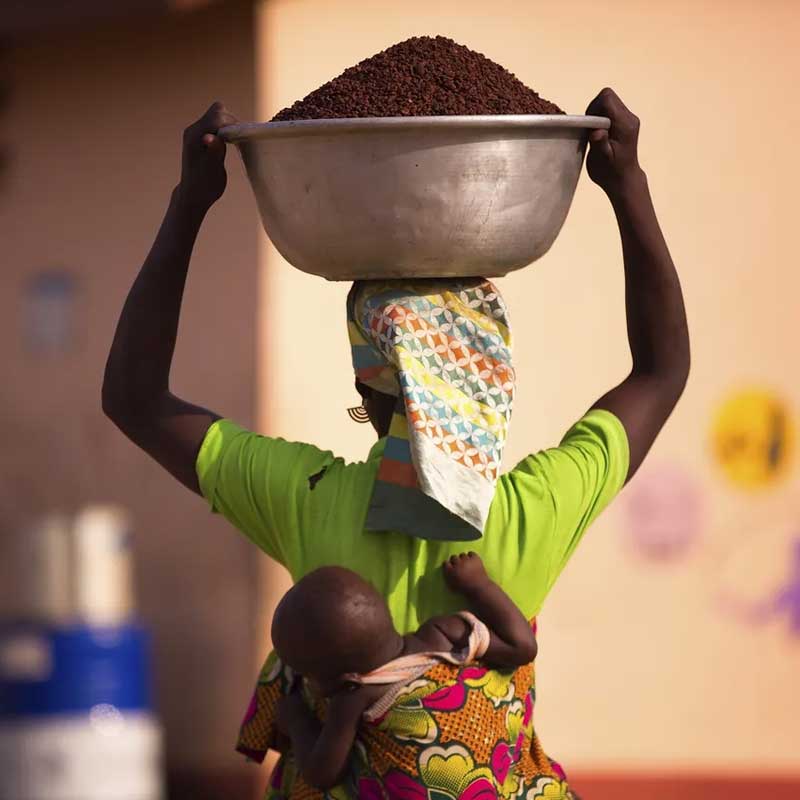
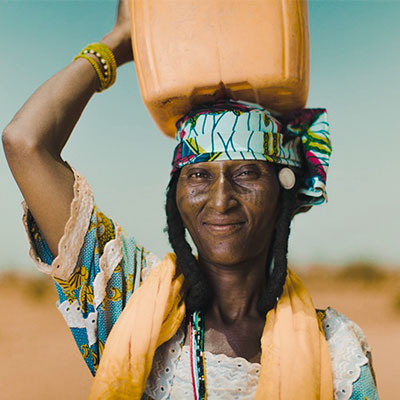
Days you want to support
100 Recurring payment
Not
Yes
Number of people you want to help
Humanitarian Aid
-

Select Option
-

Medicines
Finding quality medical care
-

Volunteering
Promote sponsorship and research
-

Psychological support
Emotional help and support
-

Medical Aid
Competent and trained doctors
-
Select Option
-

Medicines 20
Finding quality medical care
-

Volunteering 30
Promote sponsorship and research
-

Psychological support 25
Emotional help and support
-

Medical Aid 40
Competent and trained doctors
$ 0
RECOMMENDED

OUR PARTNERS
NEWSLETTER
© Copyright Awadh Foundation

